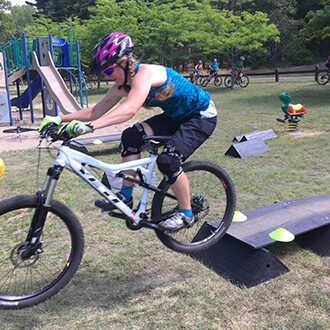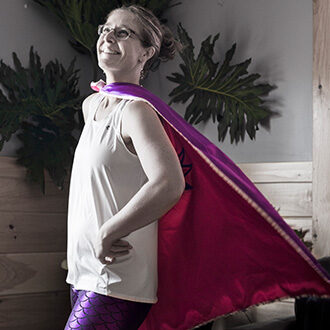Conviction v. court supervision for Illinois DUI and driver's license Offenders who have two or three DUI convictions, two statutory summary suspensions within the last ten years, or one DUI conviction in addition to one statutory summary suspension for a separate DUI arrest within the last ten years may obtain a Restricted Driving Permit (RDP). Some drivers may desire a court hearing in order to work out a more acceptable negotiated plea. There are many factors that can lead to losing your privilege to drive, such as not paying fines or being convicted of repeated traffic violations. Any information submitted will be confidential. (730 ILCS 5/5-6-3.1) In return, the judge imposes certain conditions upon the driver that he or she must satisfy during the time the . In the case of most petty traffic offenses, a court may issue an order of supervision where the defendant has a good driving record. While supervision is a great result for most misdemeanor charges, individuals charged with domestic battery, resisting arrest, or unlawful use of a weapon are not eligible for supervision. Learn More: Should You Take a Breathalyzer? An arrest for driving under the influence has two consequences on a persons driving privileges under Illinois law. One of the most significant benefits of court supervision, aside from avoiding jail time, is that it prevents first-time offenders from having their licenses suspended. Court supervision is the least serious penalty imposed for a DUI conviction. Traffic courts hear more cases than any other court. Furthermore, court appearances are mandatory for certain traffic offenses, including driving under the influence (DUI), reckless driving, and operating a vehicle without a valid driver's license. What is Court Supervision for an Illinois DUI? Depending on your case, your attorney should assist by advocating for court supervision. If you dont complete any part of your sentence, such as failing to pay fines or completing alcohol treatment and court supervision for your DUI, you can face a violation. Although a DUI offender may have been found guilty at a court trial or have entered a guilty plea, theres no criminal conviction.










illinois dui first offense court supervision